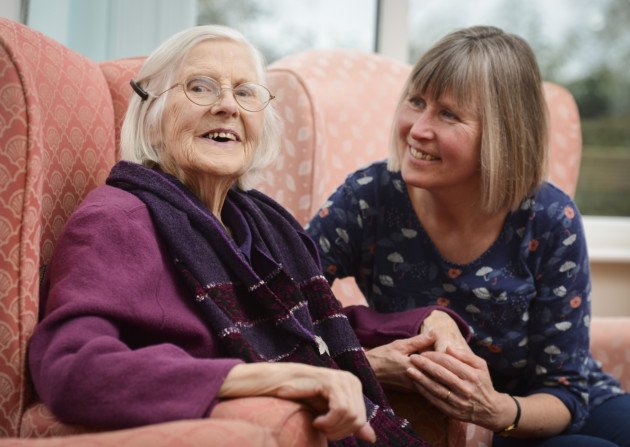We are, by nature, a generous nation with a long history of charitable giving. Our notions of philanthropy can be traced back to the late medieval period when secular concerns about poverty and social welfare began to replace the wholly religious focus on almsgiving as an act of virtue. Since that time, charitable giving has become an established feature of everyday life and philanthropy has helped to shape all aspects of our benevolent society. That said, charities are still heavily reliant on sporadic donations of both time and money rather than the sustained support of lifelong givers. All too often our charity is about spare change rather than any commitment to real change.
The social benefits of charitable giving are well researched. We all gain from the generosity of those who donate or volunteer their time in support of good causes. And a persuasive case can be made for the benefits to businesses of taking corporate social responsibility seriously. Curiously enough, there is often a lot less focus on the personal benefits of developing a passion for long-term giving. According to the Charities Aid Foundation(1), there are five significant reasons why we should all become committed philanthropists:
- Giving to charity makes us feel good – helping others is hugely empowering and fulfilling
- Giving to charity strengthens our personal values – acting on our ‘social conscience’ can help to reinforce the personal commitment to issues of faith, politics, ethics or morality
- Giving is more impactful than ever – these days there are so many more ways to give large or small amounts of ‘time and treasure’ and to see the difference it can make to well-run, better regulated, charities
- Giving to charity introduces our children to the importance of generosity – sharing the experience of giving is a good way of demonstrating how the world on our doorstep can be influenced and changed for the better
- Giving to charity encourages friends and family to do the same – committing to lifelong philanthropy can inspire others to share your goals and aspirations for social change.

Despite the clear benefits, many people are still reluctant to give anything more than intermittent gifts. Research led by Dr Beth Breeze, who directs the Centre for Philanthropy at the University of Kent, has identified ‘six archetypes’ – or barriers to giving – which individuals often cite(2):
- Nothing to offer – the mistaken belief that we do not have anything useful to offer a charity
- Nothing to gain – failing to see how helping good causes can be beneficial to us individually and collectively
- Analysis paralysis – not making substantive giving decisions because of obsessive concerns about finding the ‘right cause’ and the ‘right way’ to give
- Burnt fingers – being reluctant to donate or volunteer because of concerns about the difference that earlier giving has made
- Too busy at work – believing that long hours at work leave us with little ability to get more involved with good causes
- Too busy at home – taking the view that commitments at home hold us back from making bigger voluntary contributions.
For charities keen to persuade donors and volunteers of the benefits of extended and deeper giving, this is the real challenge. Committed philanthropy is about both the heart and the mind – being compassionate enough to care about the causes we wish to support for the long-term, and understanding that we all have something to give – however big or small.
Focusing more on the personal benefits and motivations behind philanthropy, and having ongoing conversations about the incremental ways that people can start and scale-up their giving, is a great way of helping individuals on their philanthropic journey. And challenging and outweighing some of the perceived barriers to giving is a good place to begin that conversation. We can all feel good about giving, but it’s even better when we understand why we feel good.
Sources
2. Philanthropic Journeys: New Insights into the Triggers and Barriers for Long-Term Giving and Volunteering, Breeze, B., University of Kent.
